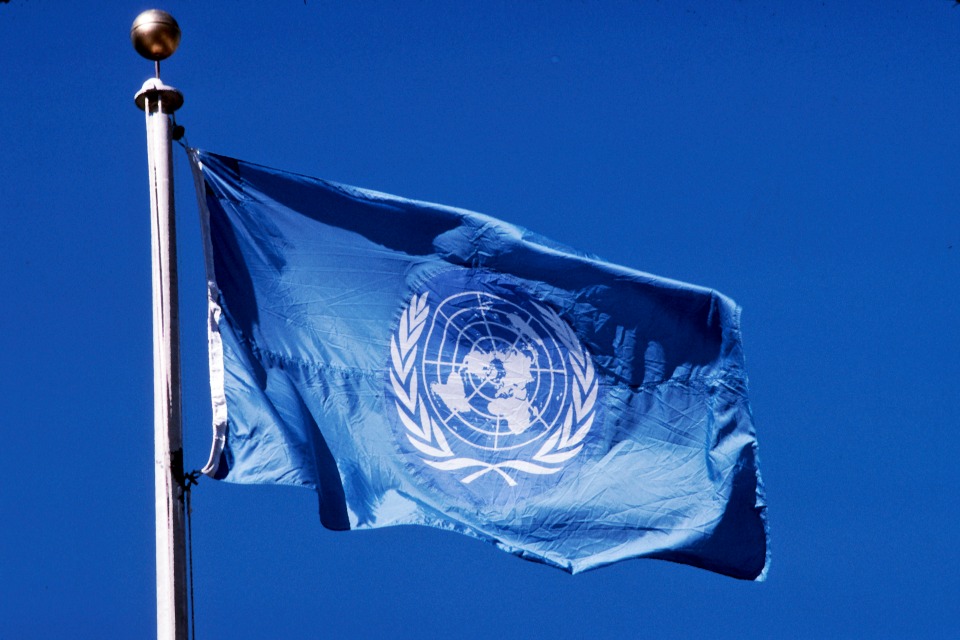“An estimated 20 million people will endure the pains from food insecurity this year”
UK Statement by Ambassador Wilson of the UK Mission to the UN, to the UN Security Council Meeting on the Sahel

Mr President,
I thank Special Envoy Sellassie for her briefing, and take this opportunity to welcome her into her new role.
I also want to thank the Secretary-General’s Special Representative for West Africa, Said Djinnit, for his work over recent months to begin implementation of the Integrated Strategy.
Recent developments again underscored deep interconnections between states in the Sahel region. Events in northern Mali in May affected not only Mali itself but the wider region and the barbaric attacks of Boko Haram in northern Nigeria not only damaged the prosperity and security of Nigeria, but also that of her immediate neighbours.
To address the threat of Boko Haram, the British Foreign Secretary hosted a meeting on 12 June in London to further boost regional cooperation against Boko Haram. Representatives from Nigeria and other countries from the region, the African Union, the United Nations and the European Union attended this meeting following the Paris Summit on 17 May.
Participants at that meeting highlighted that the issue of Boko Haram spreads further than Nigeria’s borders. They agreed to law enforcement, military and intelligence cooperation to help combat the terrorist threat. And they stressed that security and stability can only be achieved through respect for human rights, alleviating poverty, creating jobs, strengthening the rule of law, and building accountable governance.
The complexity and scope of the challenges in the region taken with what’s required to meet these challenges justifies the Integrated Strategy’s adoption of a flexible definition of the broad Sahel-Sahara region. This broader view is right. It enables the United Nations and the wider international community to flex their responses across the region, according to priority needs.
Mr President,
We fully support the Integrated Strategy’s three-pillared approach to activity in the Sahel. All three pillars – Governance, Security and Resilience – are linked. Without concerted progress across each of these agendas, it will be difficult to make lasting progress overall.
The Secretary-General’s latest report shows us that progress has been made in all three areas: This show what can be achieved by mobilising both multilateral organisations and the states of the Sahel region. One year into the Strategy’s implementation phase, more still needs to be done.
Firstly, in the immediate term, and with the onset of the annual lean season, the international community must be ready to alleviate the hardship of food insecurity. As France has already pointed out, an estimated 20 million people will endure the pains from food insecurity this year. That is one in eight across the region. The United Kingdom, through its continued commitment to 0.7% of GDP for development assistance, stands ready to do our part.
Secondly looking ahead, we must help Sahel states to manage their porous borders more efficiently, and enable them to deliver core services such as health, education, and justice. The United Kingdom will continue to work with its partners, including the European Union, to help achieve this.
Thirdly, as the Secretary-General’s report notes, we should also encourage the development of the “G5-Sahel” group, and enable those five countries to enhance their co-operation across a broad regional agenda, including economic co-operation.
Mr President,
The Secretary-General’s report calls for an increased level of co-ordination to make our efforts as effective as possible. The United Kingdom agrees with this conclusion and will support the Special Envoy for the Sahel, as she leads the implementation of the Integrated Strategy and seeks to strengthen governance, security and resilience across the Sahel.
Thank you, Mr President.